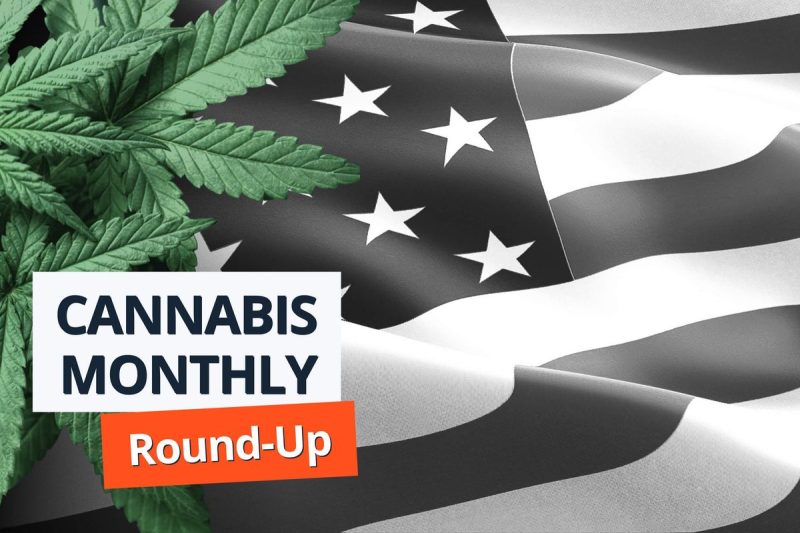The United States government is finally ready to address the long-contentious issue of cannabis reclassification, setting a date for an official hearing, highlighting the anticipation necessity of change. Simultaneously, the growth in state markets highlights the increasing acceptance and mainstreaming of cannabis across the US economy. This article discusses these two significant topics in light of the current status of the cannabis industry in the United States.
Cannabis currently falls under Schedule I of the Controlled Substances Act (CSA), a category reserved for drugs with high potential for abuse, no accepted medical use, and severe safety concerns. Despite this federal classification, states have displayed differing stances through decriminalization and even full legalization for recreational and medical use. The disparity between federal and state laws has been a source of confusion and frustration for cannabis businesses and consumers alike.
Recognizing this, the government has now planned a hearing to reconsider the legal status of cannabis. The US Drug Enforcement Administration (DEA) and the Food and Drug Administration (FDA) are expected to play a leading role in this hearing, setting the agenda and parameters for debates. They’ll consider a vast range of scientific research, ranging from cannabis’s medical efficacy to its safety profile and potential for abuse. If the hearing leads to a rescheduling, it could dramatically shift the cannabis industry’s dynamics, increasing its legitimacy and potentially unlocking new growth avenues.
While the federal discussion continues, state cannabis markets have shown impressive growth. States like California, Colorado, and Washington, where recreational cannabis use is legalized, have reported a significant boost in their local economies, creating new jobs, driving tourism, and generating tax revenue. Business investment is also rising, with many entrepreneurs and existing companies recognizing the potential wealth of the cannabis industry and directing their funds accordingly.
Regulated markets work to address several concerns associated with the illegal cannabis markets. These include product safety, youth prevention, impaired driving, and the environmental impact of unregulated growing operations. Furthermore, regulation allows states to see the economic benefits of a legal cannabis industry. Economic gain is not only in tax revenues – legal cannabis markets also create jobs in growing, harvesting, distributing, marketing, and retail positions.
In terms of patients, a change in cannabis’s legal status could open new doors for the use of cannabis in medical treatment. Presently, some states have legalized its medical use for various conditions, from chronic pain to epilepsy and multiple sclerosis. More research is needed to understand the full potential of cannabis in healthcare. Still, given






























